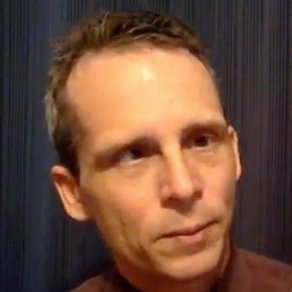The reason why books are
often hard to translate into movies
often hard to translate into movies
Blazing Reader,
People often ask me if I'd like to see my novels turned into movies — as if the big screen is the pinnacle of story-telling expression. While screenplays certainly have their advantages, they also have their losses.
One big loss is described in novelist Steven Pressfield's article, "The Writer's Voice":
"The reason why books are often hard to translate into movies is that the very act of moviemaking destroys the writer’s voice. Maybe what was great about the book, what you loved about it, was that voice. Hemingway’s voice. Philip Roth’s voice. Joyce Carol Oates’ voice.
"The genius of that voice is that it creates its effect using only words on paper. As soon as we make a movie of Hemingway’s stuff, the camera destroys that. It can’t help it. What was brilliant when it was painted using only words becomes ordinary when it’s filmed by a camera.
"That’s why Hemingway’s books rarely work as films. What’s left is characters and story. Excellent as those may be, what made them great was the voice."
You can read the post on Steven Pressfield's blog at: https://stevenpressfield.com/2024/04/the-writers-voice/
Stay sane and read great books (with great voices),
John C.A. Manley John C. A. Manley is the author of Much Ado About Corona, All The Humans Are Sleeping and other works of philosophical fiction that are "so completely engaging that you find yourself alternately laughing, gasping, hanging on for dear life." Get free samples of his stories by becoming a Blazing Pine Cone email subscriber.
John C. A. Manley is the author of Much Ado About Corona, All The Humans Are Sleeping and other works of philosophical fiction that are "so completely engaging that you find yourself alternately laughing, gasping, hanging on for dear life." Get free samples of his stories by becoming a Blazing Pine Cone email subscriber.

